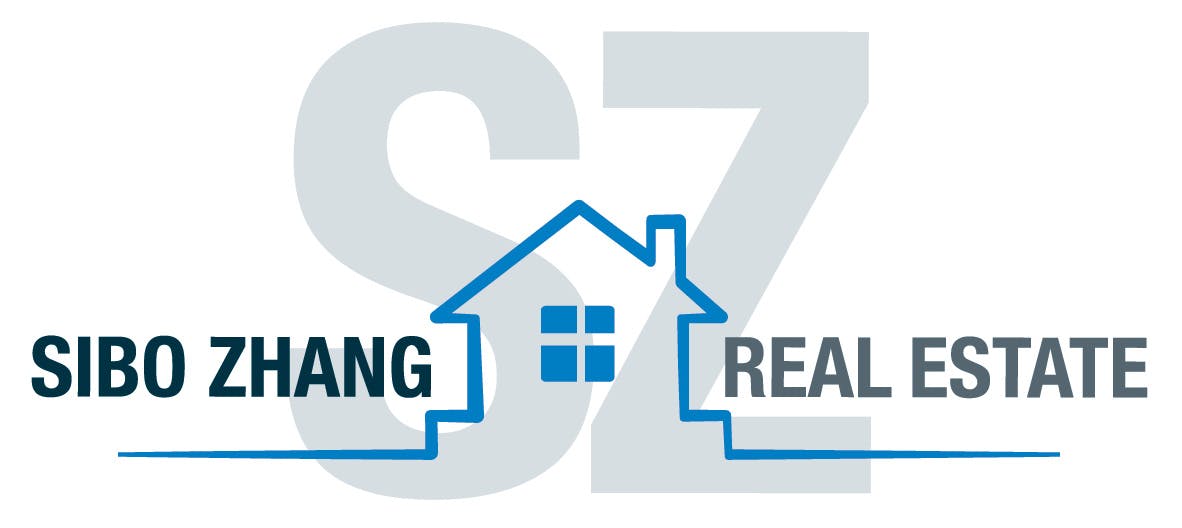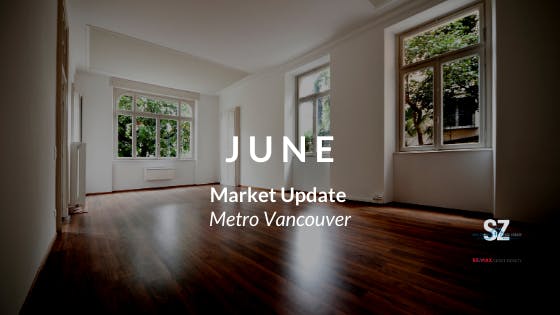It’s now been over five months since the first case of COVID-19 was announced in British Columbia. With all markets seriously impacted, some devastated during this period, the durability of residential real estate values in Metro Vancouver speaks volumes.
As reported by the Real Estate Board of Greater Vancouver for the end of May, the composite benchmark price for all residential properties is nearly 3.0 per cent higher than one year ago. With the current combined benchmark price of $1,028,400 virtually the same as April’s $1,035,000, this factional decline would not make headlines in any market conditions. The trend over the last three months is in fact upward, showing 1.4 per cent increase during this time. All of this has come as COVID-19 forced a decline in normal sales activity. The resulting steep decline in home sales was evident with May sales over 50 per cent lower than the 10-year average. However, the notable current jump to 1,485 home sales this past May is nearly 34 per cent higher than in April, a clear sign that as COVID-19 constraints are relaxed, Metro Vancouver’s housing market is vigorously coming back to life. Even the decline in new listings that had preceded the COVID-19 period has indications of reversing. The 3,684 new listings across all property types in May was nearly a 60 per cent increase over April’s number. This brings the current inventory to almost 10,000 homes, providing an excellent selection for prospective buyers at this time.
Purchasing a home is typically more than short-term property transaction. It should be kept in mind that this is where you may be living with your family for many years, often until your old age. It’s important therefore to look at the long term when considering your investment. Amid the plethora of recent forecasts for housing markets – some gloomy, others optimistic – I encourage you to focus on your plans for a residential purchase as a place you will live for quite some time.
There will no doubt be a prolonged recovery period from the full effect of COVID-19 on the Canadian economy, but we can be confident that there will continue to be a need for housing. Relative prices may fluctuate for a while, but the stability that we are currently seeing in price levels is a solid indicator that a home remains a good investment. There is some concern that the country’s housing market will see big price declines over the next year as a residual economic effect of the pandemic. Some of the factors in this scenario are more general such as possible higher unemployment, lost income, and more stringent qualifications on credit and mortgages. But our financial institutions are strong, and as a country we have the resources to bounce back.
If you want to talk about your housing challenges at this time, please feel free to give me a call. There are a number of ways I can help. Below is my monthly comparison of benchmark prices for each of three property types in the six municipalities closest to the overall benchmark average.
Detached Homes
The benchmark price for a single-family detached home in Greater Vancouver at the end of May was $1,456,700, an increase of 0.3 per cent from the preceding month. The extremities of this average were Vancouver West (not West Vancouver) at $3,041,100 and Sunshine Coast at $586,300. The three municipalities closest to the benchmark on the higher side of the average were: Burnaby North at $1,472,700 an increase of 0.2 per cent from the preceding month; Richmond at $1,528,400, a decrease of 0.1 per cent from the preceding month; and Burnaby South at $1,529,000, an increase of 1.8 per cent from the preceding month. The three municipalities closest to the benchmark on the lower side of the average were: Port Moody at $1,453,400 an increase of 0.8 per cent from the preceding month; Vancouver East at $1,447,800, a decrease of of 0.1 per cent from the preceding month; and Burnaby East at $1,244,600, an increase of 2.0 per cent from the preceding month.
Townhouses
The benchmark price for a townhouse in Greater Vancouver at the end of May was $796,800, an increase of 0.6 per cent from the preceding month. The extremities of this average were Vancouver West (not West Vancouver) at $1,125,000 and Maple Ridge at $548,400. The three municipalities closest to the benchmark on the higher side of the average were: Richmond at $793,500 a decrease of 0.1 per cent from the preceding month; Vancouver East at $905,000, an increase of 1.3 per cent from the preceding month; and North Vancouver at $974,200 a decrease of 0.9 per cent from the preceding month. The three municipalities closest to the benchmark on the lower side of the average were: Burnaby South at $773,400, a decrease of 1.0 per cent from the preceding month; New Westminster at $745,000, an increase of 1.7 per cent from the preceding month; and Burnaby North at $719,300, a decrease of 1.2 per cent from the preceding month.
Condominiums
The benchmark price for a condominium in Greater Vancouver at the end of May was $686,500, a decrease of 0.3 per cent from the preceding month. The extremities of this average were West Vancouver at $1.006,000 and Maple Ridge at $360,500. The three municipalities closest to the benchmark on the higher side of the average were: Burnaby East at $746,500, a decrease of 0.5 per cent from the preceding month; Vancouver West (not West Vancouver) at $801,300 a decrease of 0.6 per cent from the preceding month; and West Vancouver at $1.006,000, an increase of 1.0 per cent from the preceding month. The three municipalities closest to the benchmark on the lower side of the average were: Port Moody at $661,100, a decrease of 1.5 per cent from the preceding month; Richmond at $652,800, no change from the preceding month; and Burnaby North at $623,500, an increase of 0.8 per cent from the preceding month.
IMPORTANT DEADLINE: New mortgage qualifying rules to come into effect July 1, 2020
As of July 1, 2020, Canada Mortgage and Housing Corporation, a federal government insurer of mortgages for borrowers with a down payment of less than 20% of the purchase price, will set new mortgage qualifying rules. The new criteria come in the wake of COVID-19’s impact on incomes and possible mortgage defaults, and will primarily affect first-time home buyers. The new criteria include a higher credit bureau score, rising from 600 to 680. Borrowers will also need to have lower housing costs, including the mortgage, not higher than 35% of household income, and total maximum debt payments not more than 42% of income. If you are currently involved in a negotiation to purchase, you should move quickly to complete your transaction before the deadline. It may be advisable to contact a mortgage broker. Please feel free to contact me for assistance in this regard. I can put you in touch with a good mortgage broker.
Please don’t hesitate to give me a call. (604) 779-7992
Thanks for reading!
Sibo Zhang, REALTOR®


